What You Didn’t Know About Your Skin: An Interview with Collagen Expert Dr. Joseph Orgel
Dr. Joseph Orgel answers our questions about the beauty industry, what your skin needs to *actually* be healthy, and steps for aging gracefully.
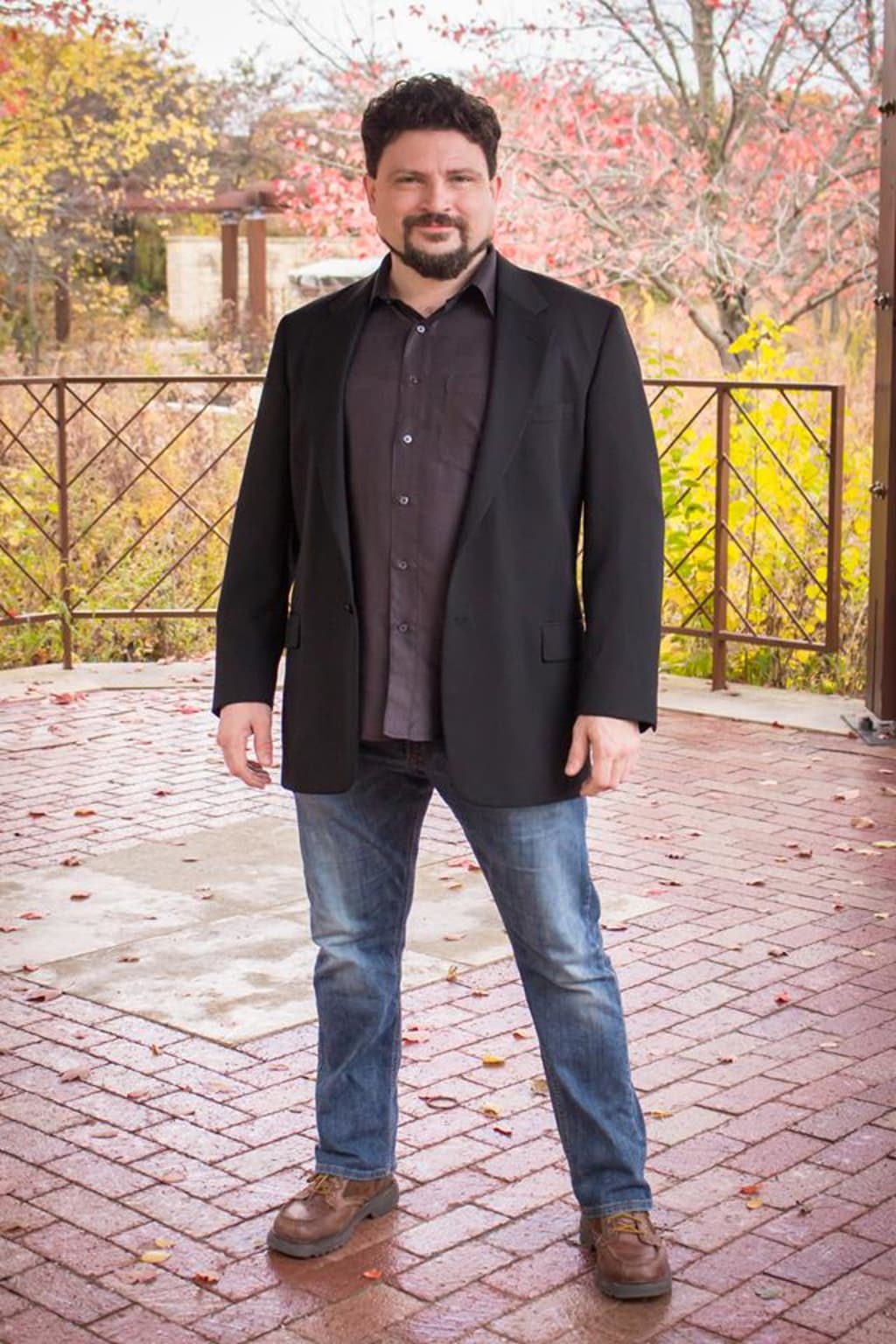
A little known beauty fact: lotion isn’t a healthy solution for your skin, oil is. Dr. Joseph Orgel has spent his academic and professional career studying and applying his research in collagen and other fields. Over the last twenty years, he’s made inspiring contributions to the field of collagen, which fundamentally has everything to do with how your body ages and fights disease.
Outside of academia and research, he has a personal plan: aging gracefully. With this approach, his research-based advice is both for professional and personal applications. Dr. Orgel is invested in making the best beauty and health products and recommendations for customers—and himself.
In this exclusive interview, we spoke with Dr. Joseph Orgel about his multi-faceted career, the best products to put on your skin, the scientific side of skincare, and the beauty industry at large.
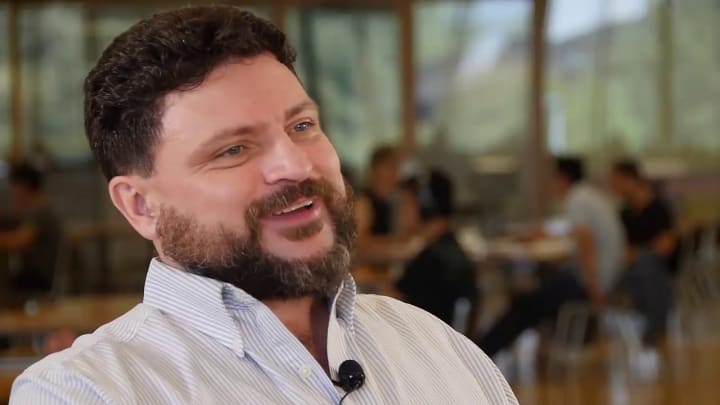
Blush: What is your elevator pitch for your background and expertise?
Dr. Orgel: I’m a multi-disciplinarian scientist and educator based at the Illinois Institute of Technology as a tenured full Professor. I have had appointments in Biology, Physics, Biochemistry, Biomedical Engineering and Applied Health Sciences.
I’ve made significant contributions to the field in the last twenty years that have become adopted as the ‘gold standard’ in understanding the structure of collagen, which is fundamentally everything to do with how your body ages and fights disease.
Through this approach, I lead investigations of brain diseases, such as Alzheimer’s and Traumatic Brain Injury in collaboration with the US Army Research Laboratory and study connective tissue conditions including heart disease and arthritis at the National Institutes of Health Biotechnology Research at Argonne National Laboratory.
Name three things about our skin that most people don’t know. Go!
- Your skin is made from a network of collagen fibers as most folks know. What you probably don’t know is these fibers are ‘intelligent fibers.’ These intelligent fibers respond to stimuli like heat and touch and affect the health and life span of your skin cells.
- Your skin contains a complex neurological system that feeds a massive amount of information to your brain and nervous systems. The health of your skin directly affects your feeling of wellbeing, awareness of your surroundings, and general emotional health.
- Your skin does not just protect your body from bacteria and infection, it's a highly organized, responsive and protective layer between you and the environment. Healthy skin is your first line of defense against contracting, colds, the flu, and other infections.
You study collagen, tissue repair, and brain injury. What is the moment that led you to those studies?
As with much of life, one thing leads to another. I started looking into the makeup of collagen because it was one of the most difficult to solve structures known to science, at the time. I learned just how fundamental collagen is to human life and health and my interest was maintained to see if I could figure out how it all works.
Along the way, I developed some unique tools to study tissue repair and brain injury. When I realized we could make a significant contribution to understanding how traumatic brain injury can arise and quickly, I dedicated most of my research resources to make that contribution ASAP.
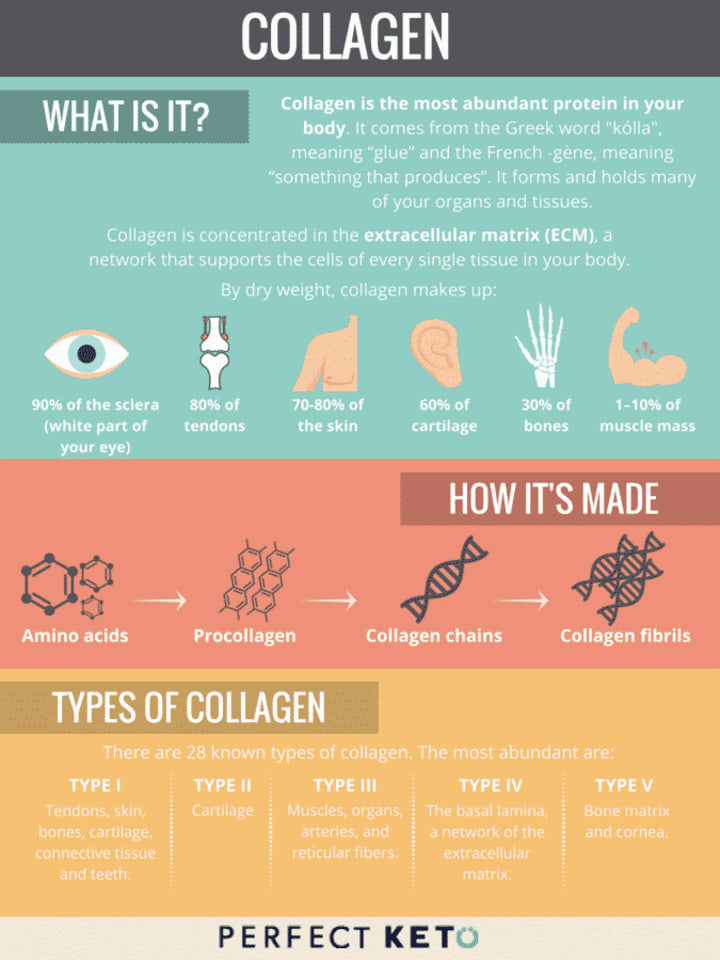
If you could change one thing about our skin, what would it be?
Hydration. Making use of balanced approaches from lifestyle to nutrition, both ingested and applied, to keep your skin in tip-top condition. It's not just that looking good can make you feel good, healthy skin can ensure you are healthier and live longer.
What do most skincare and beauty companies get wrong about how to keep our skin healthy for years to come?
I could go on for a while...
First, treating collagen and gelatin as they are the same. They are just not! Cells know this better than you do and respond differently to fake versus real collagen. The basic design of gelatin products is flawed.
Secondly, that hydration issue again, causing your skin to swell because a topical lotion makes water move into your skin is not healthy, even if you get a glow. In time, lotions damage the skin and eventually won’t even give you that ‘glow’. Natural oil products are certainly the way to go, instead.
In your opinion, why did nature choose skin as our outer layer?
Your skin houses one of the largest sensory structures of the human body, in addition to acting like a protective layer. This information gathering system helps us non-verbally communicate with each other, regulate temperature, and attract favorable attention from others.
Your skin also keeps scrapes and bumps to being localized troubles rather than much bigger problems like infection. Your cells must control both the inner environment and the environment close to its outer layer to continue to be… alive.
Let’s talk about aging. How does oxidation affect it?
Oxidation is a natural process in your cells where oxygen and other by-products of metabolism react to produce water and carbon dioxide. This process changes the structure of your skin and really any tissue made up of collagen—your bone, tendon, and ligaments. Given enough time, the damage caused by free radicals will cause your cells to become less healthy, impairing your body's ability to make, repair, and replenish your skin.
The better the self-care and supporting materials for that care, the longer aging can be put off. Under the right conditions, the effects of aging might even be reversed.
What is your favorite thing about collagen?
It is directly or closely indirectly related to every aspect of human physical existence.
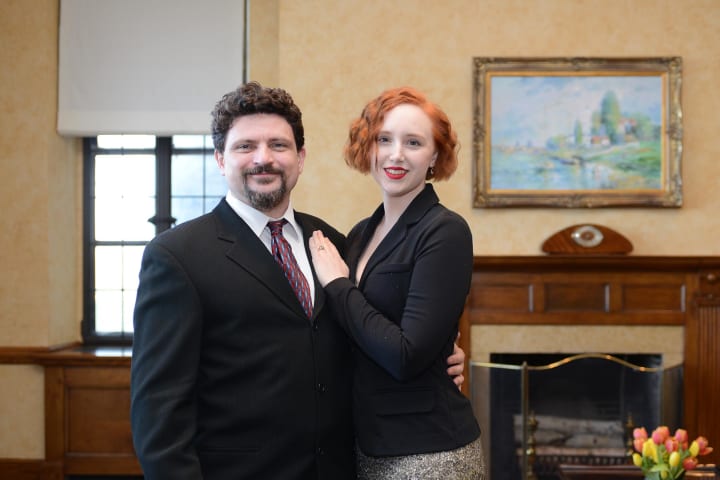
Orgel and his wife, Kait.
What is the most challenging thing about your research?
Brilliant labor is still, 1 percent inspiration and 99 percent perspiration. Just like everyone who works hard, there are aspects of day to day work that just are not what we think we would like to be spending our time on. Few people in the world understand what our research entails even when carefully explained!
How do you spend your spare time?
I’m a martial artist with a national school charter in Hapkido and Kungfu and I teach these arts and self-defense classes regularly. I also have experience in stage and film fight choreography which is handy for when I’m in some stage and TV productions from time-to-time.
I work hard at trying to be the best version of myself as much of the time as I can stand the effort and I coach others to do the same. ‘Spare time’?!
Tell us what’s next for you:
I have several decade-long plans I am working out. Since it is relevant to this topic, one of them is my own ‘aging gracefully’ plan. Hence, I put into personal application, a lot, the advice I give based on the research I do professionally, for myself. It also means I’m personally invested in making the best health and beauty products I can for our customers and myself.
Keep in touch with Dr. Joseph Orgel on LinkedIn and learn more here.
About the Creator
GLAUX CHEM®
Our mission is to help those with skincare needs by developing natural products that are inspired by Mother Nature. Learn more at https://www.glauxchem.com.

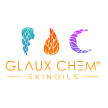

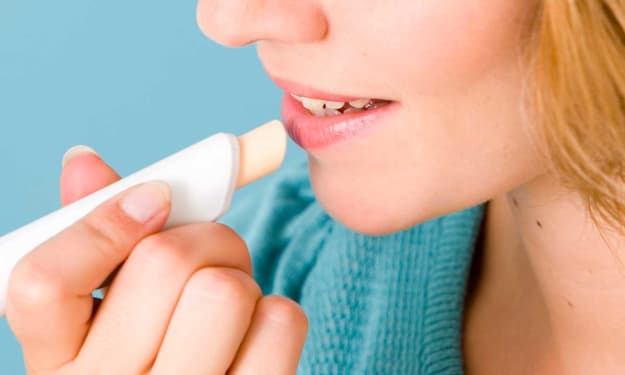


Comments
There are no comments for this story
Be the first to respond and start the conversation.